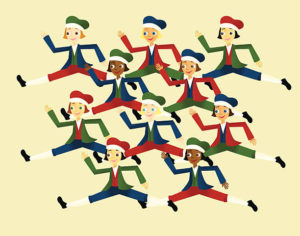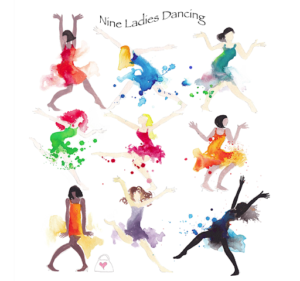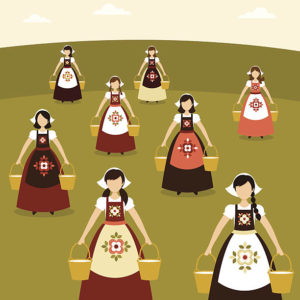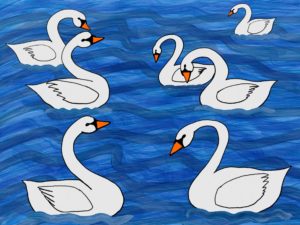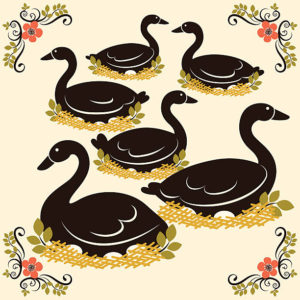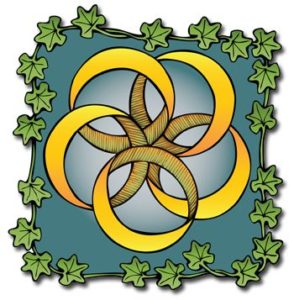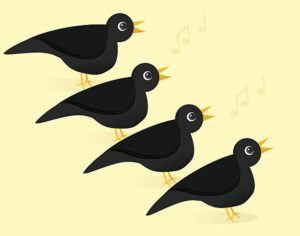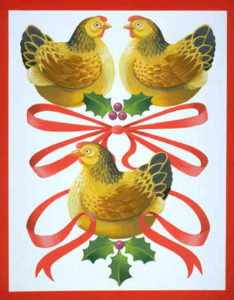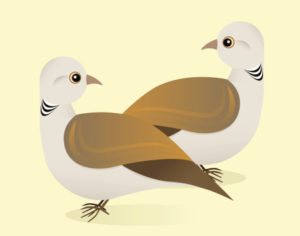On the eleventh day of Christmas my true love gave to me… Eleven Pipers piping.
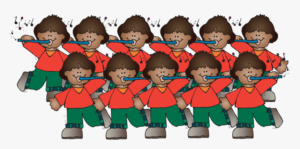
Who pays all these pipers? Eleven of them today and probably eleven more tomorrow. What would that cost? It’s no surprise to find that some people have wondered how much all these gifts might set you back and gone off to work it out.
In too many countries, an organ transplant would cost much more than all the 12 days of Christmas gifts together, however that’s calculated. In most countries it needs heavy insurance cover to make it possible if it’s an option at all. Taking on that first gift from a donor is beyond the reach of the majority.
In the UK, thanks to those with vision and commitment and courage who pushed against the odds, we are blessed with the NHS. That means access to an incredible quality of skill and care, machinery, and medication no matter what our financial or social background.
If you really want to, you could dig around to work out an average cost of a transplant. Don’t forget to include the cost of all the staff, the wards, the operating theatre, the radiologists, the physios, the…well, everything and everybody on an enormously long list. Then there’s the medication and years of after-care. All those appointments. In some cases, there is support for travel to and from the hospitals, even accommodation for family, especially when the patients are children.
It really is a very long list, far too much for a short blog. Just imagine all that cost. Imagine it was spent on you, to save your life.
Then forget it.
It’s not about that. Yes, it needs to be found and managed. And, so far, from our taxes and national insurance contributions, our welfare system manages to deliver an outstanding level of quality care, free at the point of need. That level of care and kindness goes well beyond any budget-line.
Even when the NHS slips and doesn’t manage to match its own best standards or is under immense stress and strain as it is right now, most of it, for most of the time, thanks to the teamwork of its outstanding staff and their commitment to go beyond the extra mile, continues delivering the excellent life-saving service we are used to. So far.
In the case of organ transplants, the NHS becomes the skilful steward of another gift that goes well beyond any price. On top of everything that the NHS is for most of us, there is a gift that even they are in awe of – the gift of organ donation. And that’s in the hands of each one of us…

